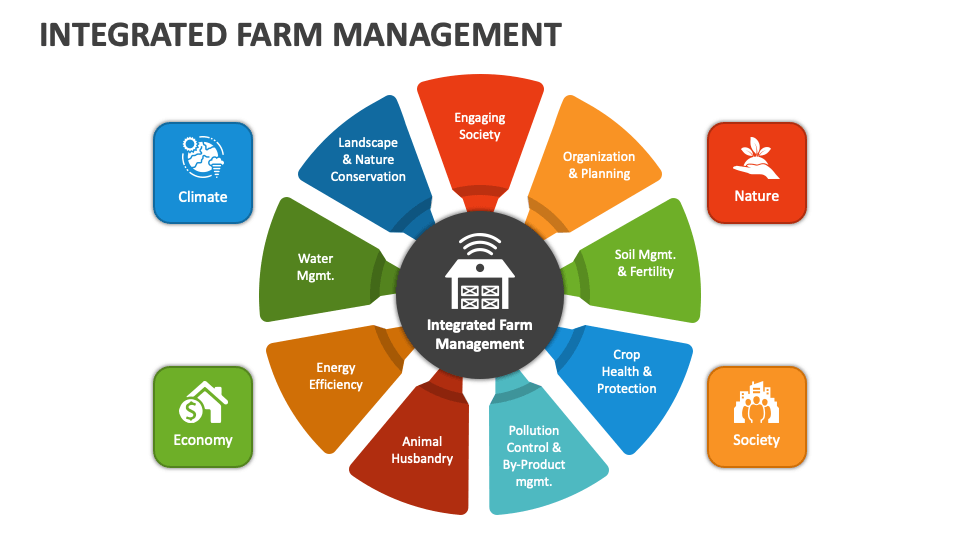Farm management is the process of running a farm as a business. This involves making decisions about what crops to grow, how to use the land, and how to best care for the animals. It also includes keeping track of finances, marketing the farm’s products, and managing employees. Farm management requires a deep understanding of agricultural science and business. With years of experience, successful farmers are able to make their farms thrive. by carefully considering each decision they make. In recent years, there has been an increasing interest in sustainable farming practices. This means using methods that protect the environment and improve the long-term health of the land. As more consumers become interested in buying organic food, it is important for farmers to stay up-to-date on the latest sustainable practices. By implementing these practices on their farms, they can ensure that their products are meeting the highest standards.
What are the types of farms you can manage?
You must take into account many variables, including animal waste management (manure), feed nutritional values (ensuring proper intake) and reproductive capabilities (breeding).
So, first, you need an understanding when planning out your operation of how much money will come in vs. how much will go out with any business.
Crop Farming Operations:
These involve producing corn, wheat, soybeans, and other grains, pulses, legumes and vegetables. Plant products provide food in flour and livestock feed for human consumption or ethanol for fuel.
Crop farming is one part of modern agriculture that requires knowledge beyond what most people know about growing food.
You must take into account many variables, including soil nutrient management (fertiliser application), weed control (herbicides/pesticides) and crop protection from weather damage (insurance).
Farms come in all shapes and sizes, from smallholding of one hectare to massive stations and ranches that cover hundreds of thousands and even as much as millions of hectares. These businesses range from management under family ownership, cooperatives, government holdings, and corporate governance.
How to start your farm management career?
There are many different ways you can become involved in running a farm, but here are some tips on how to get started if it’s something that interests you!
First, do you have what it takes for managing a farm?
The first thing I would recommend doing is educating yourself as much as possible about the industry before diving right into starting up your operation. Check out what other people have done for successful farming careers. Call your local extension agency and find the resources you need to become a well-educated farmer before you get started.
Second, start small and grow your operation from there!
Don’t just jump into it with both feet right away because you could end up spending a lot of money on something that may not work out for you. Instead, find mentors or friends to help guide your way and assess the industry before making any big decisions about running your farm operation. There are many ways to get involved in agriculture; find what works best for you: production farming (livestock), value-added agribusiness, crops/crops management/agronomy, agricultural education, etc.
Then get funding set aside for yourself if needed (this is where working with someone successful at it can be beneficial) and take things one step at a time.

